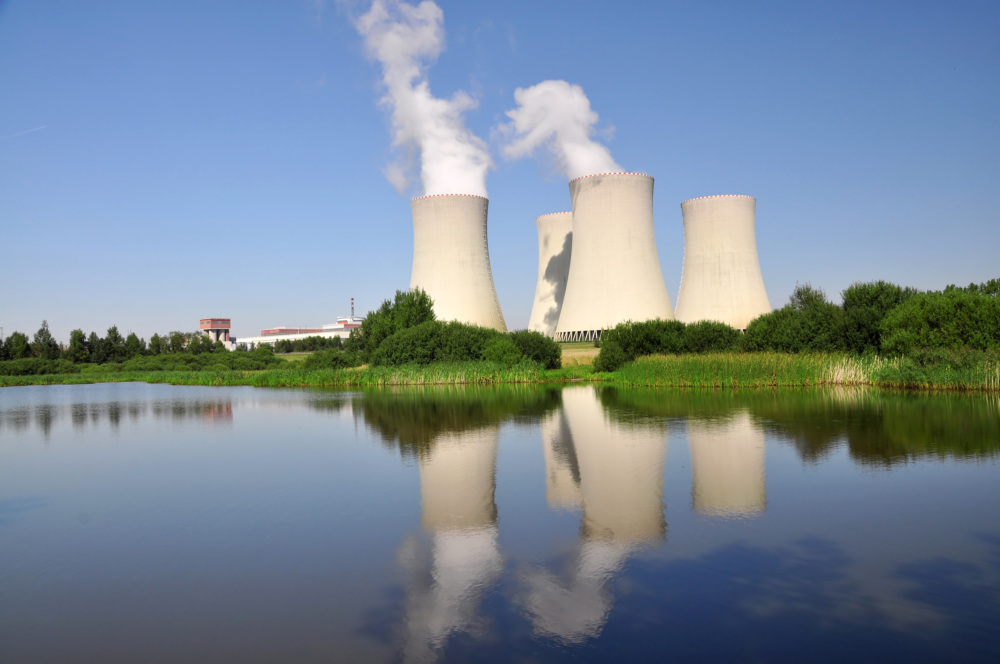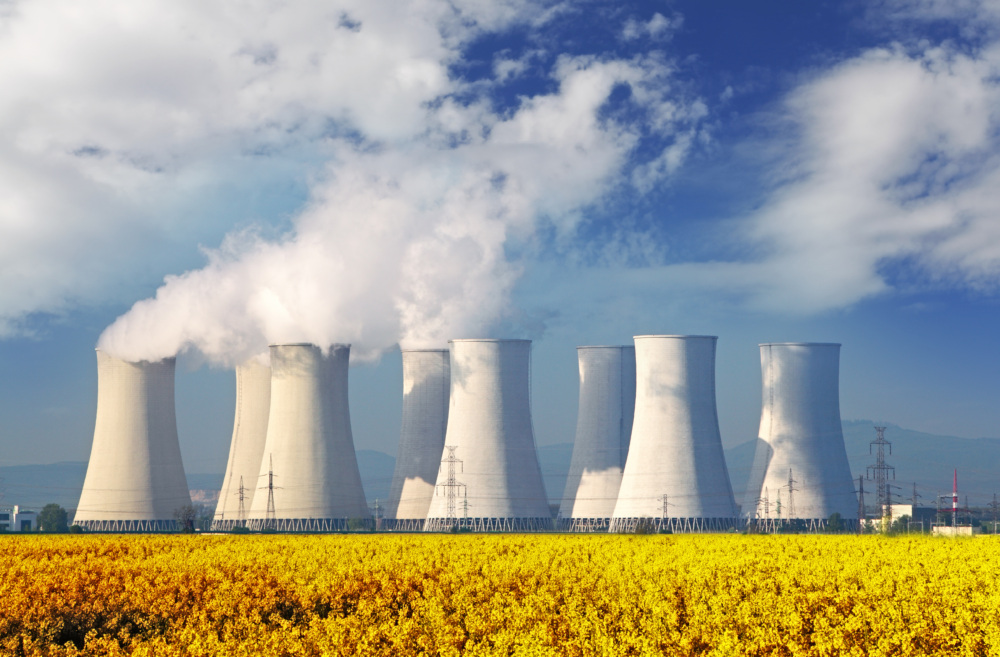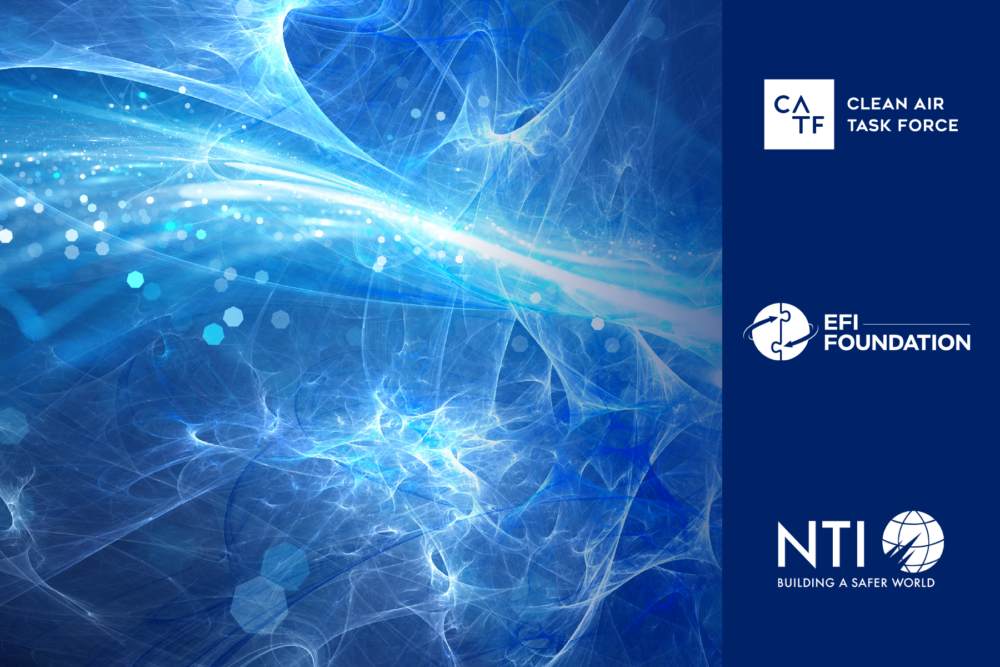
A Safer Nuclear Enterprise
NOTE: Science is a subscription-only publication. The following is an excerpt:
The global nuclear enterprise, the activities and infrastructure that support both weapons and civil energy programs, is facing significant challenges. In the 26 years since Chernobyl, the nuclear power industry has strengthened its safety practices, yet Fukushima demonstrates the fragility of the civil nuclear enterprise. Despite an admirable record and firm commitment to make safety a primary criterion in weapons design, production, handling, and deployment, and to ensure that nuclear material is protected against theft, there is growing apprehension about terrorists acquiring weapons or nuclear material. We outline key principles and recommendations aimed at weak points in the world's nuclear enterprises.
Click here for the full version.
Stay Informed
Sign up for our newsletter to get the latest on nuclear and biological threats.
More on

NGO Declaration on the Future of Nuclear Energy
At this critical juncture for action on climate change and energy security, 20 NGOs from around the globe jointly call for the efficient and responsible expansion of nuclear energy and advance six key principles for doing so.

Ernest J. Moniz and Armond Cohen in the Boston Globe: “The world wants to triple nuclear energy: What will it take?”
To make good on their COP28 pledge, countries need a new approach to building, regulating, and financing nuclear technology.

A Global Playbook for Nuclear Energy Development in Embarking Countries: Six Dimensions for Success
The Playbook emphasizes the need for a holistic approach to scaling nuclear energy, considering the unique challenges and opportunities specific to each country, and highlights the role that new international institutions could play in supporting a global nuclear expansion.

